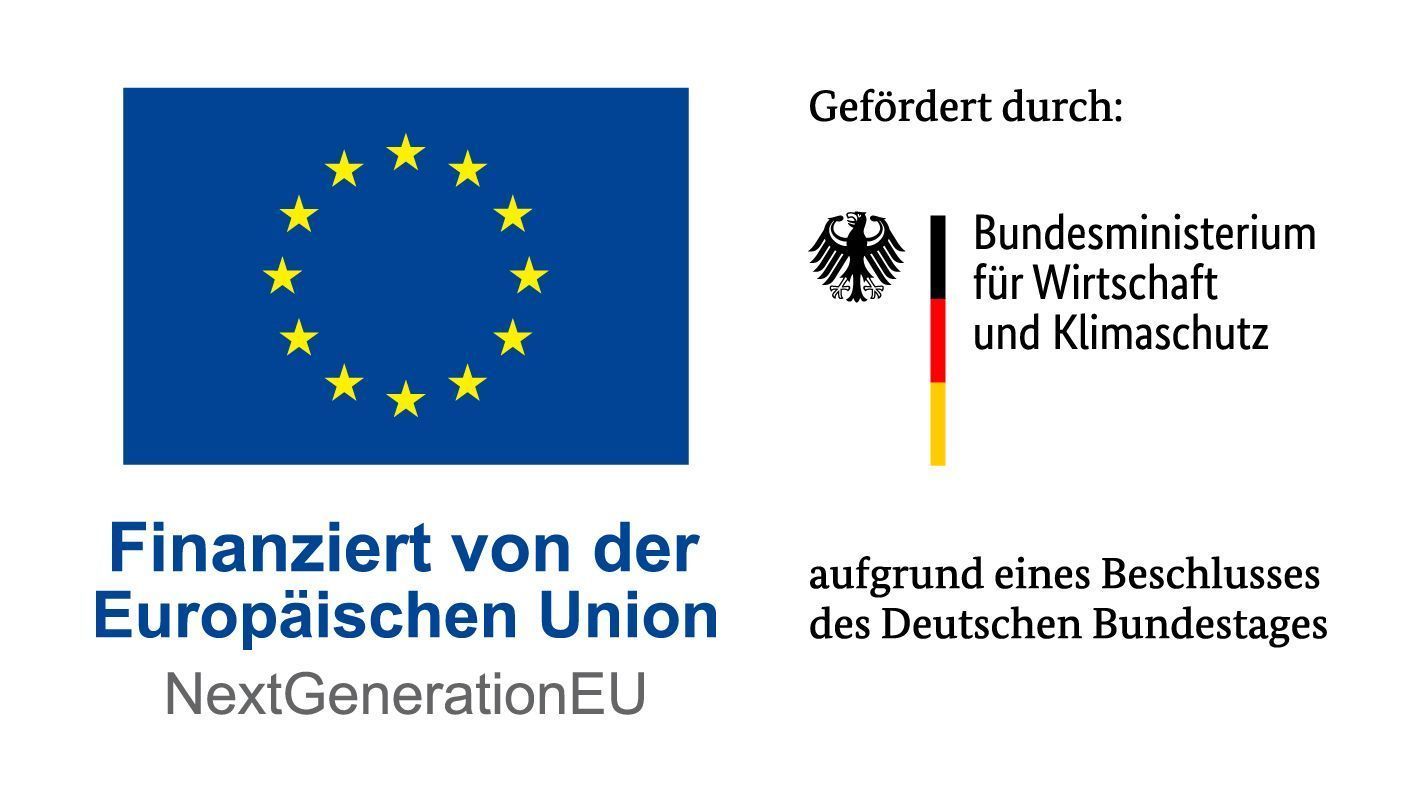Hannover Fair Special
Meet us from April 22 to 26, 2024 at the Hannover Fair in Hall 8 Booth F25
OVERVIEW
GAIA-X4 PLC-AAD
Product Life Cycle – Across Automated Driving
- We design, develop and operate a Gaia-X based Data Space for autonomous driving functions and sensors based on digital twins
- The complete product life cycle is considered: from development and validation to homologation (type approval), production and the operational use of the functions or hardware in the field
- The Data Space enables cross-company cooperation and the sovereign exchange of data
- Information is collected, summarized and analyzed via digital twins
- Marketplaces bring together data and services for new product offerings and enable distributed value creation
How do we integrate Gaia-X into our Ecosystem for Autonomous Driving Simulation Data?
For the trustworthy simulation-based validation of driving functions, we build on various Gaia-X elements such as standardized descriptions of assets and policies, mechanisms for reliable data assets and secure data exchange, as well as the federated catalogue for listing data and service offerings.
Why Gaia-X for simulation data in the automotive domain?
For the transition from real testing to simulation in automotive domain a huge number of reliable simulations assets are needed.
The exchange of these assets shall be simplified and take place on a reliable and trustworthy platform.
Simulation assets are Maps, 3D Models, the exact surface of the road, relevant car maneuvers, sensor models and much more, which shall be available on a common marketplace.
Why Gaia-X for (failure) simulation services in the automotive domain?
The Gaia-X ecosystem allows for the provision of automotive sensor models, street maps and (sensor) data collections of real test drives. Combining this data increases the authenticity of automotive simulations.
Failure simulation of automotive software and parts is a key factor to ensuring their safety and reliability.
Why do we need an active simulation data community for virtual validation?
Coopetition in an active simulation data community creates value networks that enable the necessary scaling and synergy effects for a trustworthy data ecosystem towards socially accepted certification processes.
The joint application of industry standards, democratic and transparent processes, quality metrics for simulation assets and immutable documentation of transactions harmonize technical and social requirements.
How does our federation look like and how does our onboarding process work?
With its ENVITED Federation, the ASCS association is a lighthouse in our project. The advantages of an association federator lie in its democratic, participatory principles.
As an association, the ASCS enjoys the trust of its members. This forms the basis for the decentralized digital member management DEMIM ensuring a convenient access management for diverse partners.
How can the Gaia-X True Demand Ecosystem improve semiconductor supply chains?
Semiconductors are at the core of smart and clean future mobility.
Unique conditions in semiconductor manufacturing lead to long cycle times, which makes accurate forecasts essential.
The Bullwhip Effect amplifies demand across the supply chain, caused partly by tactical ordering at every tier in the chain.
The GAIA-X True Demand Ecosystem relies on anonymous demand surveys which remove the incentive to order tactically and provide accurate demand information in a secure way.
How does PLC-AAD support
Base-X?
PLC-AAD actively supports the development and use of shared Base-X data space components. This results in semantic models to better describe and utilize mobility-relevant data resources in driving simulations.
This data can be used in portals and various marketplaces via interfaces to the Federated Catalogue. The project develops the necessary extensions for the Gaia-X architectures in direct coordination with the Gaia-X developer communities and is also involved in the actual open source implementation.
In this way, we ensure the long-term stability of the Base-X solutions while remaining fully compatible with other data space projects.
Do you have any questions?
Our experts will be happy to inform you.
Project Lead
Andreas Kahmann - andreas.kahmann@msg.group
ArchiteCturE
Maria Borges - mb@ise.tu-berlin.de
Dr. Markus Ketterl - markus.ketterl@msg.group
Data Provider Group
Mirco Nierenz - mirco.nierenz@triangraphics.de
Sebastian Tuttas - sebastian.tuttas@3D-mapping.de
Service Provider Group
Rhea Rinaldo - rhea.rinaldo@iqz-wuppertal.de
Dr. Matthias Fruth - matthias.fruth@tracetronic.de
Simulation Data Community
Alexander F. Walser - alexander.walser@asc-s.de
Federation & Onboarding
Johannes Demer - johannes.demer@asc-s.de
Felix Hoops - Felix.Hoops@tum.de
True Demand Data
Philipp Ulrich - philipp.ulrich@infineon.com
Robert Schubert - robert.schubert@msg.group
Base-X
Dr. Markus Ketterl - markus.ketterl@msg.group



